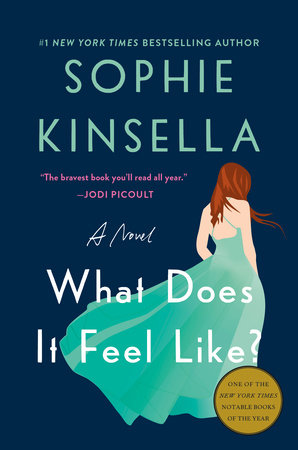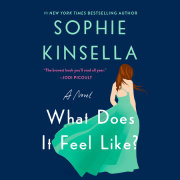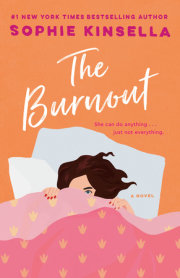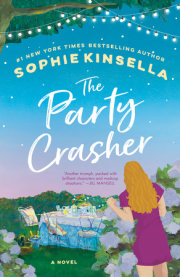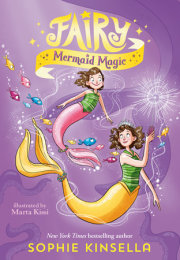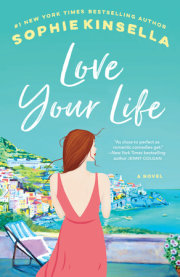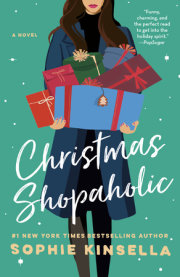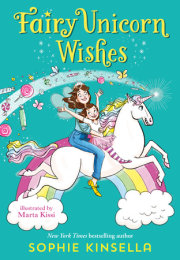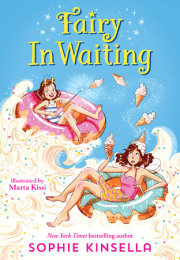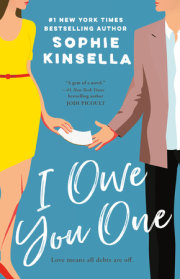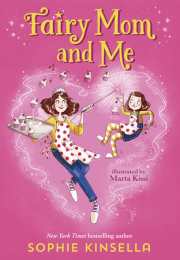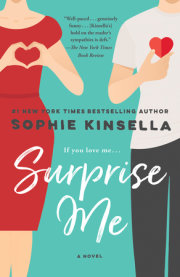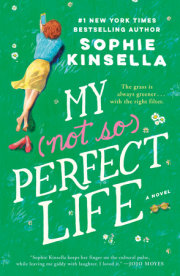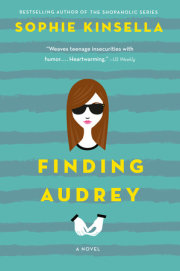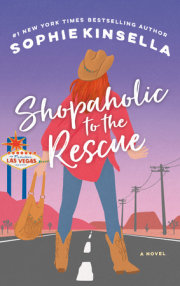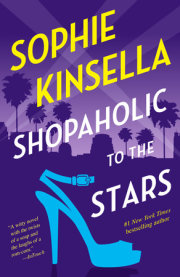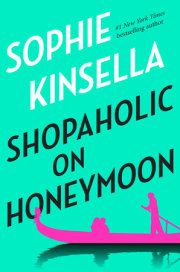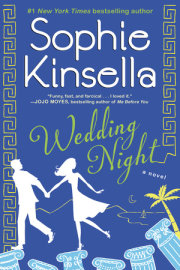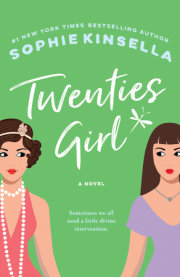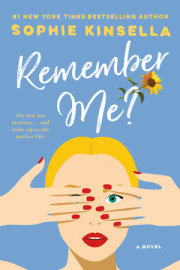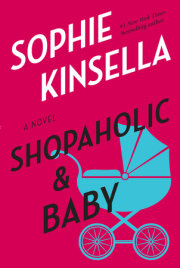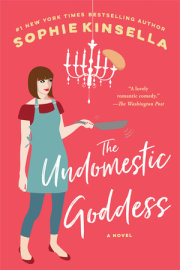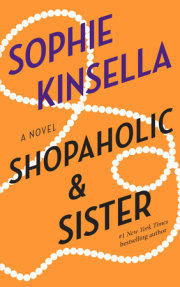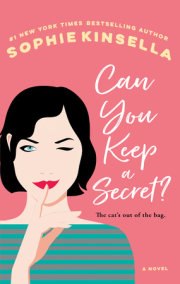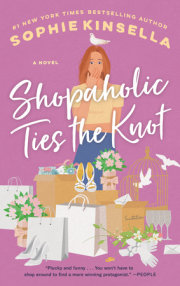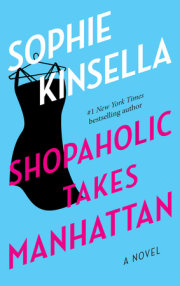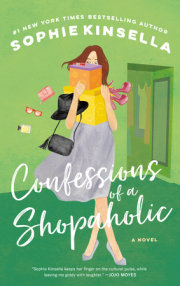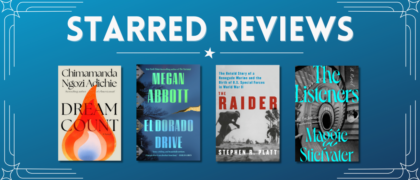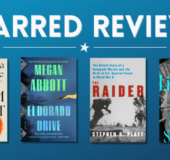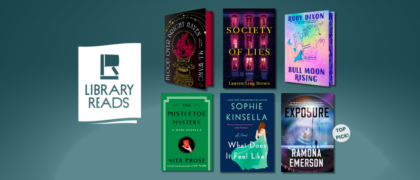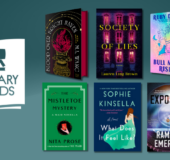How to Write a Book“And now,” says the nice interviewer from Modern Woman magazine, “how does it feel to be writing your seventh book?”
“It feels terrific,” lies Eve. “I’m really thrilled to be working on it and I can’t wait to share it with all my readers.”
It’s a nightmare. The words have jammed up for weeks and I don’t know what I’m doing. Everything feels turgid; everything feels pointless. Why did I want to be an author again?
“Can you tell us anything about it?” probes the interviewer.
“Yes, it’s a long family saga about a family called the Wilsons, set between the wars in a large country house.”
“It sounds wonderful!”
“Well, thank you,” says Eve, feeling unconvinced.
“We can’t wait to read it! And now, I know our readers will want to ask: Do you have any advice for aspiring authors?”
“Yes,” says Eve, who has answered this question about twenty-five thousand times and has therefore honed her thoughts. “I do, actually. My advice is to write the book you would like to read yourself. Visualize going into a bookshop and finding the perfect book. The book you would buy immediately. What does it look like? What’s it about? What genre is it? Then write that book. And above all, write the truth. Write what you know and do it convincingly. I don’t mean write nonfiction,” she clarifies. “I mean write the truth about life, whatever genre you’re in.”
“Very wise advice. And now,” says the interviewer, “moving on to your personal life, you have five children! How on earth do you manage to write?”
“Well, my husband is brilliant,” says Eve honestly. “I couldn’t do it without him. For example, today he’s taken all the children off for a picnic so I can write.”
“What a star!”
“He is. And we work as a team. I mean, it’s always busy. We’re always frantic. But it was our decision to have a large family and we love it.”
“Well, thank you,” says the interviewer. “That wraps it up. Thank you very much, and best of luck with the new book.”
“Thank you very much,” replies Eve. “Have a good day!”
She puts down the phone, deflates with a sigh, and looks unenthusiastically at her computer screen.
Back to the writing. She has an empty house; there’s no excuse. The trouble is, she’s lost any enthusiasm she once had for her plot, and there are still eighty thousand words to go.
The trouble is, I don’t care about these stupid Wilsons anymore, muses Eve gloomily. I don’t care if Mr. Wilson loses his job, and I don’t care if Harriet Wilson gets it together with the stable boy, and I don’t even care if Britain goes to war.
She contemplates making a cup of coffee—then reconsiders. Maybe she’ll go and sit in a coffee shop and search for inspiration there.
As she slams the front door behind her, she immediately feels lighter. There we are. She just needed a bit of fresh air. She saunters down the street, enjoying the sunshine and the alluring shop fronts coming into view. She’s nearly into Wimbledon Village, the chi-chi high street with expensive shops and cafes on both sides of the road, and—
Oh my God.
She stops dead outside a boutique she’s visited often before. The window is empty apart from one mannequin, wearing a dress, and as she looks at it, Eve’s heart flips over.
It’s not just any dress; it’s a magical, silvery goddess of a dress, made of taupe silk and silver scalloped sequins. From the beaded shoestring straps to the tiny little train, it’s perfect. It’s an Oscar-winning dress. It would suit her perfectly. She just has to try it on.
The Wilsons and their crumbling country house have vanished from her mind as she ventures inside the shop and asks to try on the silver sequined dress.
“Of course,” says the shop assistant, taking it off the mannequin. “It’s by Jenny Packham. It’s the only one left. Gorgeous, isn’t it? What’s the occasion?”
Oh God, thinks Eve. What am I doing? She doesn’t have any glitzy parties to go to. When would she ever wear anything like this?
She doesn’t have an answer. She simply knows she has to try it on.
“No occasion,” Eve says. “It’s just a fabulous dress.”
An occasion will present itself, she’s sure.
As she slithers into the dress, she already knows it’s a winner, and she’s about to ask for help with the zip when her phone rings. Oh God, it’s Nick. She’s supposed to be writing and instead she’s halfway into a dress she doesn’t need.
“Hello?” she answers, aware that she already sounds guilty.
“Darling, so sorry to bother you when you’re writing,” comes his familiar resonant voice. “I just wondered how it was going and whether you wanted me to keep the children out for a bit longer?”
“No, don’t worry,” she says, her voice a bit shrill. “I’m . . . Actually, I’ve popped out to get some inspo.”
“Great!” says her unsuspecting husband, and Eve blushes. Now she feels bad. But it’s such a great dress. “Well, I won’t distract you,” he continues. “Good luck! See you later.”
Eve heads out to the main shop floor and the shop assistant gasps. “You look amazing! You’ll have to find an occasion to wear it.”
“If you buy the dress, the occasion will come,” says Eve mystically. “That’s what I believe, anyway.”
“So, are you going to buy it?”
“I think so. Can you do the zip up for me, please?”
As the assistant is doing up the zip, Eve knows she’s going to buy it. At the same time, she’s racked with guilt, because “buy dress” was definitely not on her to-do list today. Her to-do list consisted of one entry only: “write book.” She has a deadline and a publisher waiting, not to mention her loyal readers.
After she’s clambered out of the dress and the assistant is folding it up in sheets of tissue, Eve summons up her work-in-progress on her phone and runs her eyes over it. She hates every word. Then she summons up her latest Visa bill. She’s not wild about that either. How can she have spent so much? She hasn’t even been shopping recently. She scrolls down and up, then down again, trying to work out why she spent £39 in Fortnum and Mason. She never goes to Fortnum and Mason.
And then something weird happens. Her own words come back to her, loud and strong inside her brain.
Write the book you would like to read yourself. Write the truth about life, whatever genre you’re in. Write what you know and do it convincingly.
What would she be interested in reading about? What does she know about? What are the truths she has learned about life?
A brand-new idea for a book has come to her, and it’s so fresh and thrilling that she opens a document on her phone and starts typing rapidly, trying to get the idea down before she forgets it. She’s going to take her own advice. She’s going to write the truth. She’s going to write the book she would love to read herself. She is going to write about what she knows.
Copyright © 2024 by Sophie Kinsella. All rights reserved. No part of this excerpt may be reproduced or reprinted without permission in writing from the publisher.

